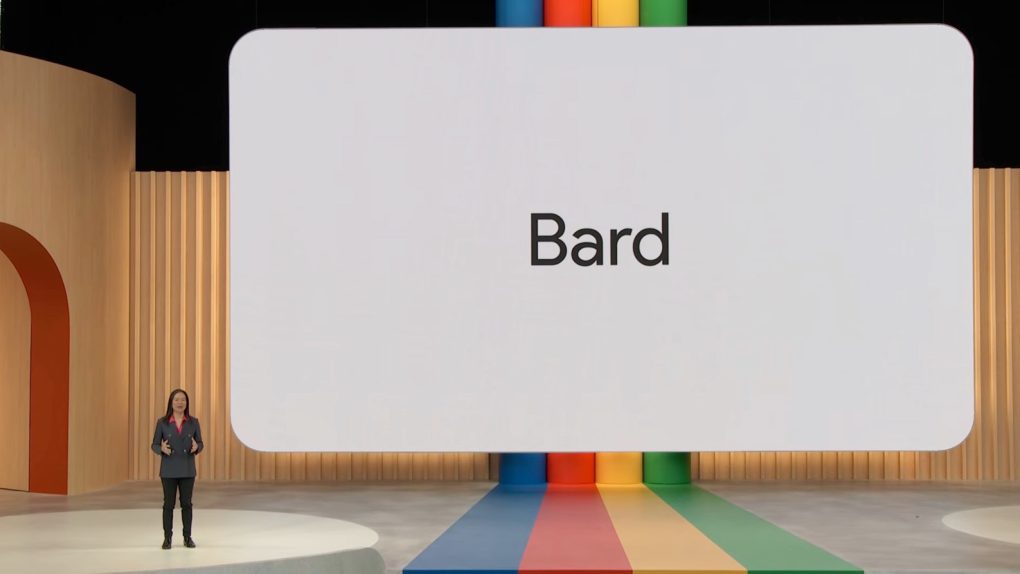Google on Thursday quietly announced a big update for Google Bard, which brings several features to Google’s first ChatGPT rival. Among them is multimodal support, or the ability to use both text and images to obtain answers from the chatbot. Also interesting is Bard’s ability to use voice in its answers, and the expanded support for other languages will also come in handy.
But the reason I’m really excited about Google Bard’s mid-July upgrade is something else entirely. Google Bard is now available in the European Union, which means Google is comfortable enough with the chatbot’s privacy features to release it in a region with much stricter privacy rules than the US.
Better Google Bard privacy?
Google made Bard available worldwide at I/O 2023. But the entire EU block wasn’t part of the rollout. Europeans had to use VPNs to talk to Bard. I can attest that Bard works over VPN, so there were no issues there. But Google refrained from releasing Bard in the region because it feared local privacy laws.
Google addresses privacy concerns in its blog post, saying that it’s working with experts, policymakers, and regulators on this Bard expansion to prioritize user privacy and data:
Starting today, you can collaborate with Bard in over 40 languages, including Arabic, Chinese, German, Hindi and Spanish. You can also now access Bard in more places, including Brazil and across Europe. As part of our bold and responsible approach to AI, we’ve proactively engaged with experts, policymakers and privacy regulators on this expansion. And as we bring Bard to more regions and languages over time, we’ll continue to use our AI Principles as a guide, incorporate user feedback, and take steps to protect people’s privacy and data.
Sarah Silverman’s lawsuit against ChatGPT and Meta reminded me of two of the biggest problems related to generative AI: User privacy and copyright.
Google might want to collect all the public data it wants to train Bard and other AI products. But it’ll also have to set in place better privacy protections to avoid problems down the road. Bard’s EU rollout shows that Google might be on the right track.
If Google is ready to have Bard run on EU devices, it means it’s ready to face regulators in the region. The privacy improvements that might come from Bard’s rollout in EU could also benefit US and international users down the road. Meanwhile, Google’s privacy rules for Bard are available at this link.

Brand new features
Google added several useful features to Bard with the mid-July update. You can now instruct the generative AI product to give you spoken responses. You’ll be able to select a sound icon to listen to Bard’s answers.
Furthermore, you can adjust Bard’s response by selecting the tone and style. You get to choose between simple, long, short, professional, or casual responses. Remember to always ask for links to sources if they’re not immediately available.
Since I mentioned privacy, I will remind you that you have to use Bard while you’re signed into your Google account. Being signed in means you get to customize your Bard experience after the mid-July update when it comes to old chats. You can rename previous interactions and pin conversations to revisit later. The feature is available in over 40 languages.
You can also share responses with friends, as Bard chats get shareable links. You’ll also be able to export Python code to Replit on top of Google Colab.
But the most important new Google Bard feature is support for multimodal input. That is, you can upload images to your text prompts. Google unveiled the feature at I/O, and it’s now available in English. Support for more languages is in the works.








